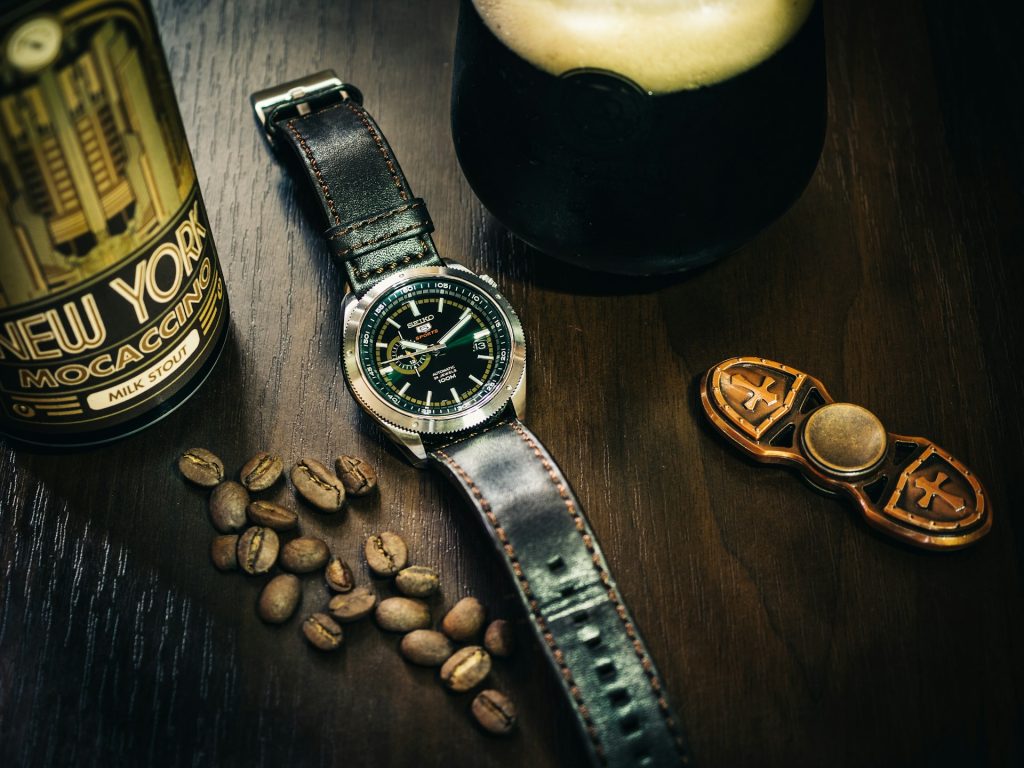Table of Contents
Your morning coffee ritual might be sabotaging your energy levels. Recent research reveals there’s a precise science to timing your daily cups – and most coffee lovers are getting it completely wrong.

Perfect Morning Timing: The Science-Backed Sweet Spot
Your body naturally produces cortisol, its own energy-boosting hormone, between 8-9 AM. Drinking coffee during this peak diminishes its effectiveness and can build unnecessary tolerance. Instead, the optimal window for your first cup falls between 9:30 and 11:30 AM, when cortisol levels naturally dip. This timing maximizes caffeine’s impact while working in harmony with your body’s natural rhythms.
Many coffee drinkers report stronger, more consistent energy boosts when delaying their morning cup until after 9:30 AM. This simple adjustment can transform your entire day’s productivity and alertness levels. What’s more, this timing allows for better nutrient absorption from your breakfast, as caffeine can temporarily interfere with your body’s absorption of certain vitamins and minerals.

The Hidden Impact of Morning Coffee Timing
What many don’t realize is that proper coffee timing doesn’t just affect your energy – it fundamentally changes how your body processes the caffeine. When consumed during the optimal morning window, coffee can enhance your metabolism by up to 11% compared to early morning consumption. Studies have shown that people who time their coffee correctly often report needing less coffee overall while experiencing stronger benefits.
Mastering the Afternoon Energy Window
That post-lunch sleepiness isn’t just your imagination. Your body experiences a natural energy dip between 1:00-3:00 PM, making this period crucial for strategic coffee consumption. The ideal afternoon coffee window opens at 1:30 PM and closes firmly at 3:30 PM. This timing provides the perfect boost without disrupting your evening sleep patterns.
Temperature also plays a surprising role in afternoon coffee effectiveness. Coffee served slightly cooler than morning temperature – around 150°F instead of 160°F – absorbs more quickly into your system, providing faster relief from afternoon fatigue. This temperature sweet spot also maximizes the release of coffee’s beneficial antioxidants.
The Afternoon Absorption Factor
What makes afternoon coffee timing so crucial is its interaction with your digestive system. After lunch, your body diverts blood flow to aid digestion, which can affect how quickly and effectively caffeine is absorbed. Waiting 30-45 minutes after eating before having your afternoon coffee ensures optimal absorption and maximum benefit. This timing also helps prevent the common mistake of using coffee to mask post-lunch fatigue, which often leads to overconsumption.

Critical Timing Mistakes to Avoid
Several common coffee timing habits can severely impact its effectiveness. Drinking coffee immediately upon waking reduces its impact, as your body’s morning cortisol surge already provides natural alertness. Similarly, consuming coffee right after meals slows caffeine absorption, diminishing its benefits.
The most crucial timing mistake occurs after 4:00 PM. Even if you don’t feel immediate effects on your sleep, late afternoon or evening coffee can significantly reduce sleep quality, creating a cycle of increased tiredness the next day. Research shows that consuming coffee too late can reduce deep sleep time by up to 41%, even if you fall asleep without difficulty.

Weekend Adjustment: Different Days, Different Timing
Weekend coffee timing requires a distinct approach. Later wake times shift your body’s natural cortisol patterns, typically pushing optimal coffee times back by 1-2 hours. This natural adjustment allows for more flexible timing while maintaining maximum benefits.
Professional baristas and coffee experts recommend treating weekend coffee as a separate ritual, adapting both timing and preparation methods to match your altered schedule. This includes adjusting not just when you drink your coffee, but also how you prepare it, as different brewing methods can affect absorption rates and caffeine content.
The Exercise Connection: Timing Coffee With Your Workout
For fitness enthusiasts, coffee timing becomes even more crucial. Consuming coffee 30-45 minutes before exercise can enhance performance by up to 12%. However, this timing needs to align with your optimal coffee windows for maximum benefit. Morning exercisers should consider how their workout timing affects their coffee schedule, potentially adjusting one or the other for optimal results.

Strategic Timing for Maximum Benefits
Research shows several key timing strategies can dramatically improve coffee’s effectiveness: The 20-minute rule: Wait 20 minutes after waking before your first cup The food factor: Consume a small snack before morning coffee to prevent stomach irritation The meeting hack: Schedule important meetings 30 minutes after your coffee consumption for peak mental performance.
Your Optimal Daily Coffee Schedule
For maximum benefits, follow this evidence-based timing: First cup: 9:30-11:30 AM Afternoon boost (if needed): 1:30-3:30 PM Weekend adjustment: Add 60-90 minutes to these times.
The Water Factor: Hydration Timing Matters Too
One often overlooked aspect of coffee timing is hydration. Starting your day with water before coffee can enhance its effects and reduce potential negative impacts on your digestive system. The ideal approach is drinking 16 ounces of water upon waking, waiting 20 minutes, then having your coffee during the optimal window. This simple hydration timing hack can improve coffee’s effectiveness while maintaining better daily hydration.

The Quality-Timing Connection
What many coffee enthusiasts don’t realize is that timing and coffee quality have a symbiotic relationship. Premium coffee beans consumed at optimal times can provide up to 25% more antioxidants compared to drinking the same coffee at suboptimal times. This means investing in high-quality beans becomes even more worthwhile when you’re timing your consumption correctly.
Understanding Your Personal Coffee Metabolism
While these timing guidelines work for most people, your genetics play a crucial role in how you process caffeine. Some people metabolize caffeine up to four times faster than others. Pay attention to how you feel after coffee at different times – if you’re a fast metabolizer, you might need to adjust your afternoon window slightly earlier, while slow metabolizers might benefit from pushing their morning coffee closer to 10:30 AM.
The Social Factor: Navigating Coffee Meetings
Business meetings and social gatherings often threaten to disrupt optimal coffee timing. When faced with early morning coffee meetings, consider these professional strategies:
- Order decaf for early meetings, saving your caffeine window for later
- Opt for tea if the meeting falls in a non-optimal coffee window
- Suggest meeting times that align with ideal coffee consumption windows when possible
Seasonal Adjustments: Timing Through the Year
Your optimal coffee timing might need seasonal adjustments. During winter months, when days are shorter and darker, your cortisol patterns might shift slightly. Many people find their optimal morning window moves about 30 minutes later in winter months. Similarly, summer’s longer days might require adjusting your afternoon cutoff time to maintain good sleep patterns.
Beyond Timing: Next-Level Coffee Mastery
Understanding coffee timing transforms your daily ritual from a habit into a strategic tool for peak performance. By aligning your coffee consumption with your body’s natural rhythms, you’ll experience stronger effects from less coffee, maintain more consistent energy levels, and avoid the common pitfalls of poor timing. Start with tomorrow morning’s cup – your body will notice the difference immediately.

I’m Audrey, a dedicated mother of teenagers with an insatiable love for coffee. On BeanBrewLove.com, I intertwine my need for caffeine with reflections on life. Whether expressing a nostalgic sentiment or injecting a hint of sarcasm, my blog is a reservoir of coffee culture, brewing techniques, and global coffee reviews.




